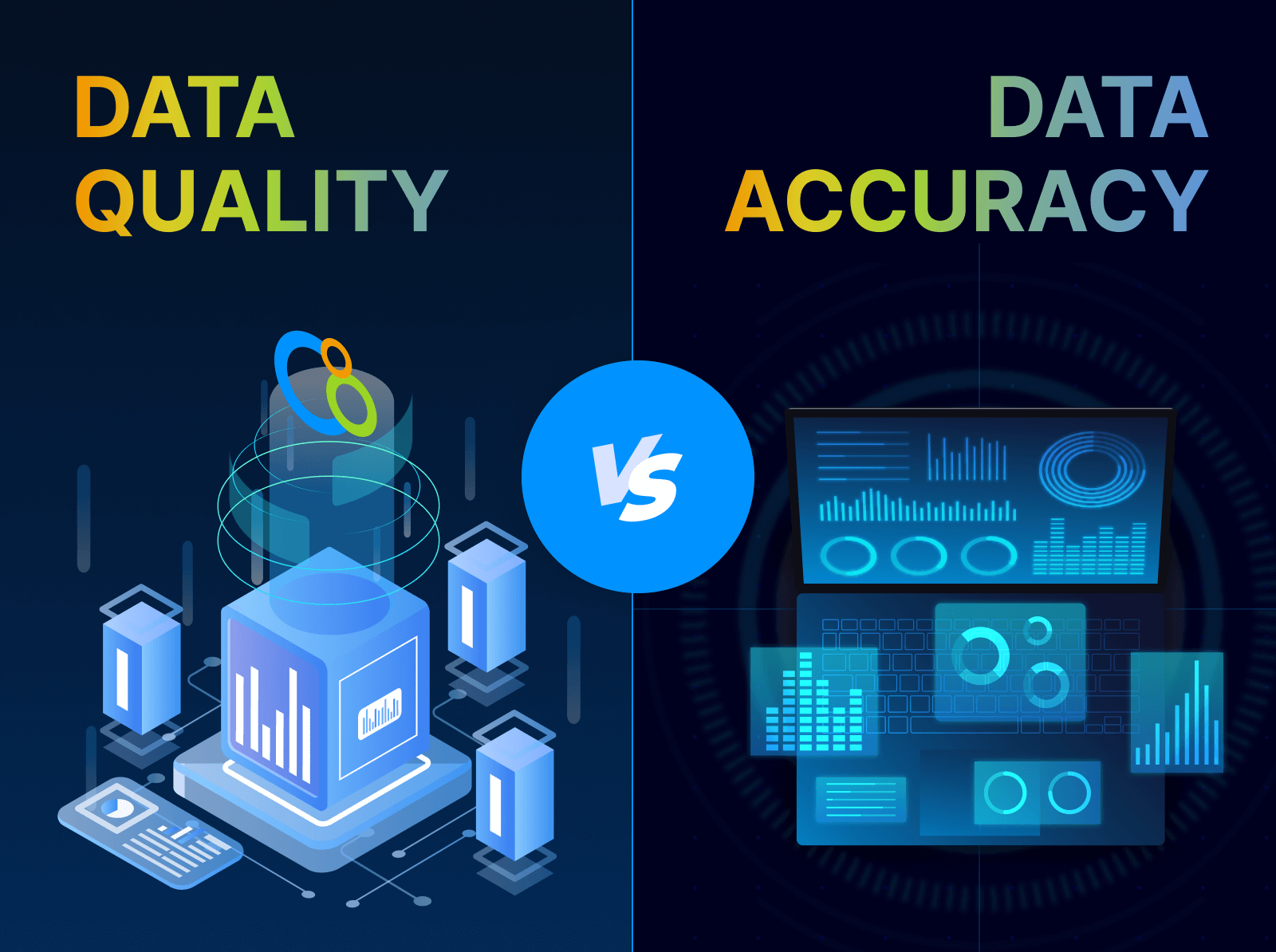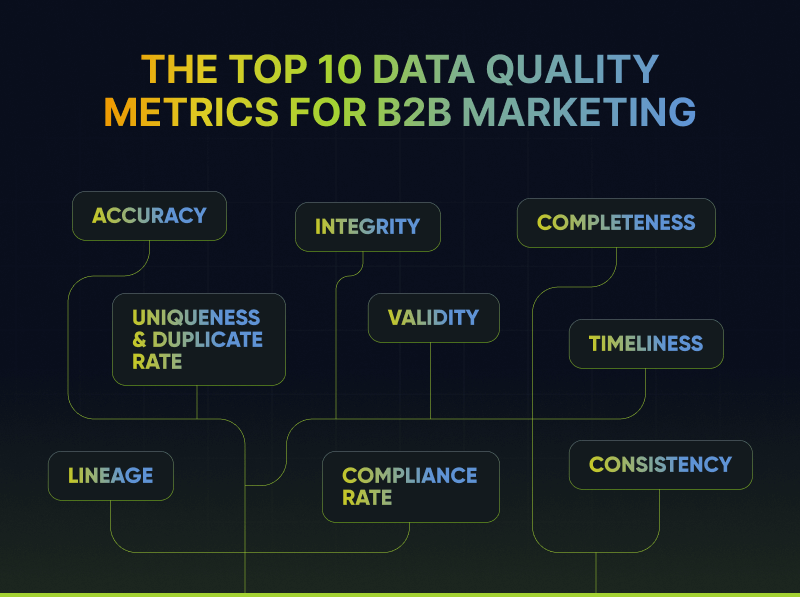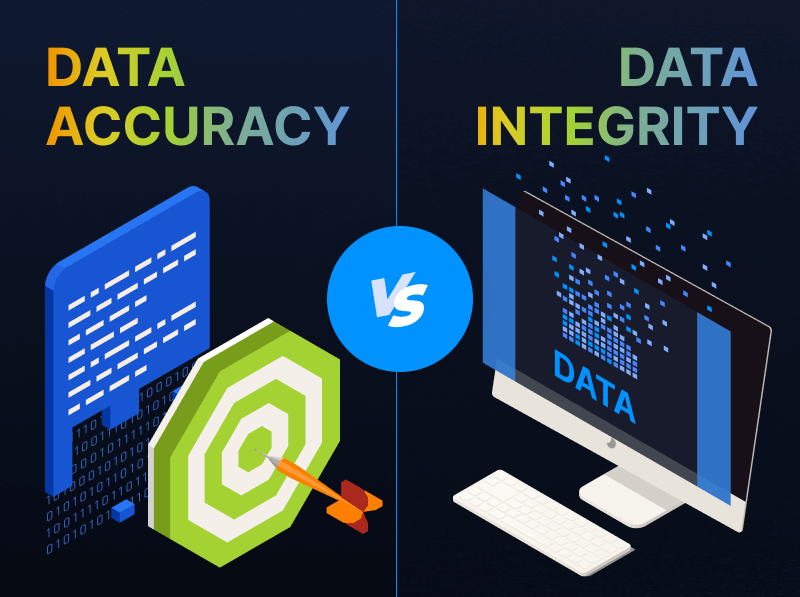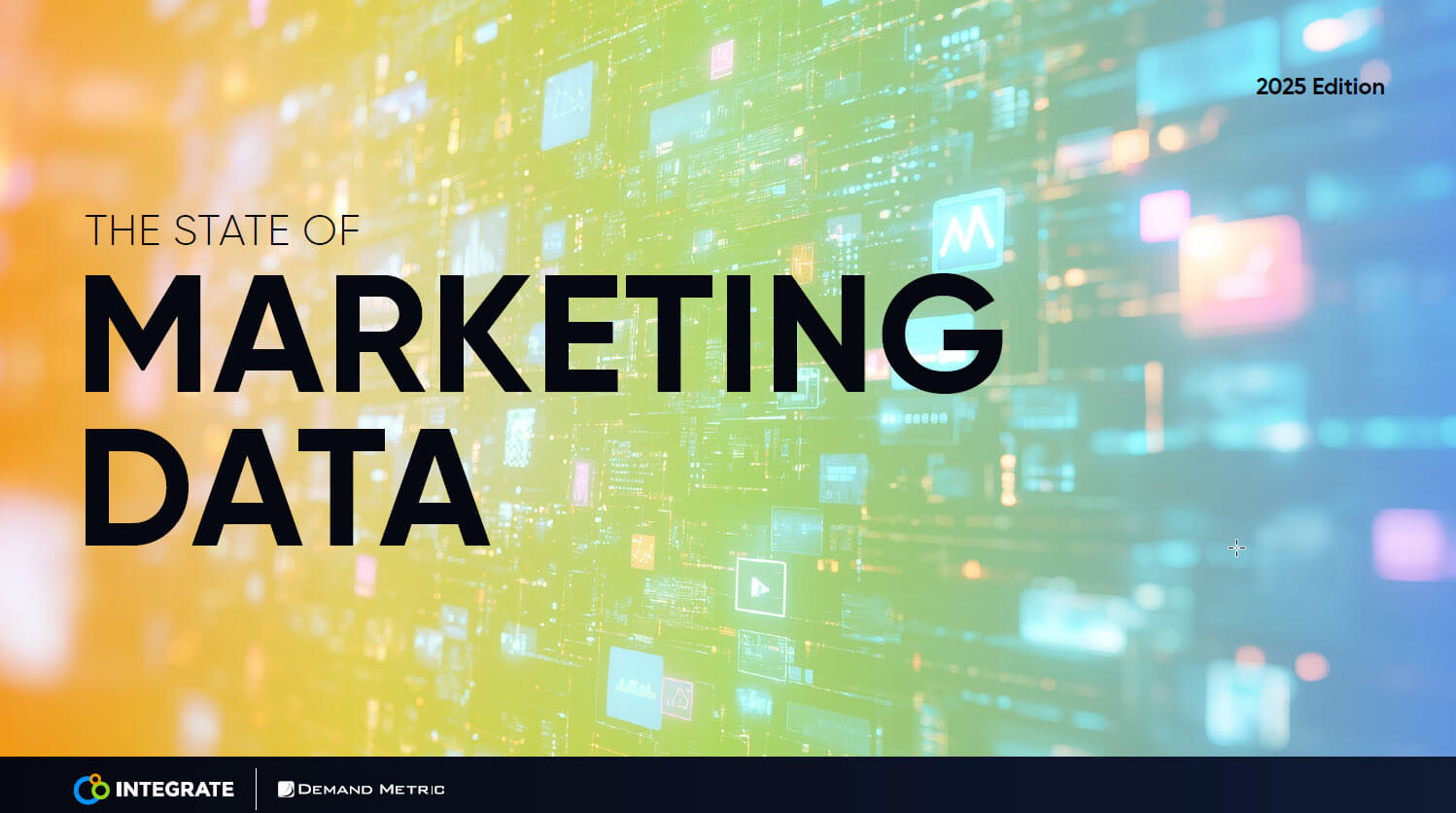Key Takeaways for Event Marketers – Events and Coronavirus Round Table
On March 26th we gathered some leading voices from the events and marketing world to share advice and insights on how Event Marketers, Event Organizers and Agencies can and are responding to cancelations, postponements and virtualization of events.
In this blog we highlight some key takeaways for Event Marketers – there is also a Demand Marketers Takeaways Blog available.
Key Takeaways
Postponements, cancelations, change to virtual – control your budget
As a B2B Marketer, if your events (sponsored trade shows and exhibitions etc.) have switched to virtual and the offering does not match up with what you originally paid for, reach out to the organizer.
We (Integrate) have had some open conversations where we have rolled budget to 2021, reduced our package or opened more creative ways to get the most from virtual.
Whilst contracts will be in place, most organizers are open to conversations. Event Marketers should work closely with management to understand all options available.
Postponements, cancelations, change to virtual – manage your comms
As exhibitors, we have had a mixed experience so far with the way events have been canceled, postponed or switched to virtual.
In some cases, organizers have regularly and clearly communicated with us, whilst in others we are chasing them to find out what is going on. We appreciate many are looking into alternative dates and there are a lot of unknowns.
Likewise, Event Marketers should be communicating regularly and clearly with your internal teams. From a weekly email to a dedicated Slack channel or open forum conference call. Once you have information from organizers, communicate this quickly to the rest of your organization.
Virtual events will become twins, not replacements
Virtual events have always been a great platform for content and thought-leadership distribution, it remains to be seen how they will perform regarding lead generation, the primary reason B2B Marketing teams exhibit at trade shows and events.
We are starting to see organizers offer virtual booth areas, live chat and online demo capabilities. Expect these offerings to improve and standardize over the next 12 months as organizers and exhibitors test and learn to see what works.
Longterm, it is likely we will see virtual events run in tandem with the face-to-face experience, offering attendees an option to connect with vendors and consume content face-to-face or online.
Virtual events will provide additional opportunities for event markers to partner with organizers (whilst providing organizers additional revenue sources).
Managing vacations and availability for H2 Events
The combination of events being postponed until the second half of the year, along with businesses switching to remote working, is resulting in employees not requesting leave. During uncertain times this is understandable.
Leaders should work with their teams to ensure if people need a day, they can take one.
Event Marketers should reach out to their booth teams and maintain an open dialogue on the ever-changing events calendar. When new dates are provided, plans are made or changed, ensure the appropriate staff are available.
Smaller events and meet ups will be prominent in H2
On the way to normality resuming in the events world, smaller more intimate gatherings are likely to become key as the industry builds back up to larger trade shows.
Across the second half of 2020 many Event marketers are partnering (even closer) with Sales and Account Management teams to organize and prioritize smaller more intimate gatherings.
This trend is likely to continue and could become a more prominent step in Account Based Marketing approaches.
Event Marketers partnering with Demand and Product to generate content
With significantly more people working from home there is an increased appetite for quality, helpful content.
For many organizations Event Marketers are an underused content resource. Often spending time with Sales, Product, prospects and customers. Whether it is for content now or drafting future material, event marketers should reach out to their content team, share ideas and insights.
Whilst content is a hot topic, do be aware of content fatigue. Something we cover on the Demand Marketers roundtable summary.
Refine your strategies, processes and cross-department relationships
When was the last time you reviewed your event strategies and processes? For many event marketers it will have been years since the last thorough review.
With potentially the busiest 6 months ever on the events calendar coming up, now is the time to set yourself up for success.
Take time to review:
- Event strategy – is it aligned with your business objectives and go to market strategy?
- Event selection process – who is involved, how are events reviewed?
- Solutions and tools used across your 1st and 3rd party events:
- 1st Party: Event registration & management vendors? Virtual event platforms?
- 3rd Party: Event lead management/capture solutions
- Lead processing and post event reporting (attribution, revenue sourced etc.)
If you are taking time to review your event strategies and tactics, check out:
Featuring insights and input from Emma Pearce, VP, Product & Strategy of SaaStock, Colleen Leary, Senior Marketing Events Manager at Alert Logic, Kimberley Clarke, Chief Strategy Officer of an Event Management Agency, KCI Management, and Chris Wickson, GM of Integrate Events.
- How to manage the coming weeks and months amidst the changing events dynamic.
- How to restart your events strategy to get the best results in 2020 and beyond.









